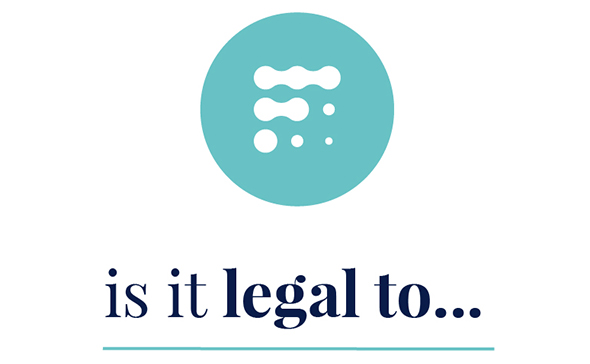Is it legal to refuse dependant leave?

In this ‘Is it legal to…’ Insight, we explore the employment topic of dependant leave and if this can be refused by your employer.
Is it legal to refuse dependant leave?

As an employee, you are entitled to dependant leave and your employer cannot penalise you for taking this time off, if your reasons are genuine.

Dependant leave is to be used for emergencies involving a close family member or someone who depends on you. Such as:
- Parent
- Spouse
- Child
- Other family members living at your property
- A neighbour who normally relies on you for help during emergencies.
What is considered as an emergency?

An emergency would include any unforeseen circumstance, which requires your urgent attention. If for example, one of your dependants falls ill, is injured or has a baby, this is all likely to be covered as an emergency. It is best to inform your employer as soon as possible if you need to take dependant leave.
Does this affect my pay?

Your employer does not have to pay you, as typically, dependant leave is referred to as ‘unpaid leave’.
However, your employer may decide to do so. If you’re unsure, check your company policy and employment contract for more information.
How much dependant leave can one employee have?

You can take a reasonable amount of time off to deal with any emergency and there is no specific statutory limit to how much dependant leave one person can have.
HOWEVER, your employer is likely to have a policy with set rules on dependant leave and you should always look to comply with the policy as much as you can. If your employer feels that your absence from work is having a negative impact, they may wish to discuss this with you.
Our Employment team here at Fosters Solicitors are always happy to provide professional advice and assistance on employment rights and employer obligations.
Please call them on 01603 620508 or complete our enquiry form below.
Send us your enquiry
Check out our series, Is it legal to
This article was produced on the 27th March 2024 by our Employment team for information purposes only and should not be construed or relied upon as specific legal advice.
